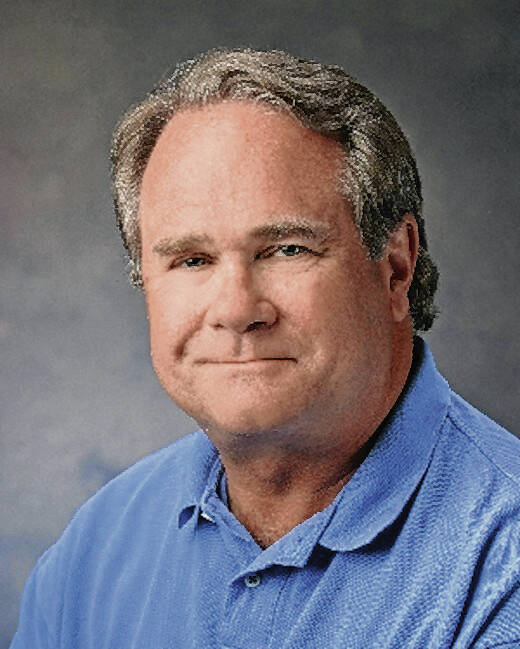
Craig Ladwig
Being old, I spend considerable time correcting facile modern accounts of long-ago events that I happened to have witnessed. They rarely check out, as George Orwell so aptly warned, the truth having been pushed down the memory hole.
For example, the Vietnam War was not a futile exercise in American hubris but rather a heroic effort that convinced (for a time) the Russian Politburo and the Chinese Communist Party that they could not conquer the world by proxy. In any case, we were winning when I left.
And the social-justice movement that began in the Haight-Ashbury district of San Francisco (not in hedonistic Woodstock) was not inherently anti-American. It was just what you get whenever you allow a generation of godless narcissists to design your future.
And Ronald Reagan was not a “dunce,” as the Secretary of Defense Clark Clifford is said to have said. Nor was he merely a “great communicator,” as if that were the measure of him. They wanted you to think so because the ideas he communicated were so darned compelling.
Some examples:
- “Government’s first duty is to protect the people, not run their lives.”
- “The nine most terrifying words in the English language are: I’m from the government and I’m here to help.”
- “Freedom is never more than one generation away from extinction. We didn’t pass it to our children in the bloodstream. It must be fought for, protected, and handed on for them to do the same.”
- “Government does not solve problems; it subsidizes them.”
- “The best minds are not in government. If any were, business would hire them away.”
- “Entrepreneurs and their small enterprises are responsible for almost all the economic growth in the United States.”
- “We can’t help everyone, but everyone can help someone.”
- “There are no great limits to growth because there are no limits of human intelligence, imagination and wonder.”
- “Peace is not absence of conflict, it is the ability to handle conflict by peaceful means.”
Forty-two years later you can still hear the sound of solid, independent judgment. It brought us out of a financial malaise (again, for a time) and ended the Cold War that had stymied the supposedly brilliant Clifford and four previous administrations.
Ronald Reagan was the product of a broad set of life experiences that afforded him an adult perspective on how the world works and doesn’t work — Midwest roots, Hollywood celebrity, spokesman for an international corporation, labor union negotiator, successful governor and budget master. All of that came together to serve him well as a president.
Most of us can make a list of other modern-day presidents who were as based, e.g., Calvin Coolidge, Harry Truman, Dwight Eisenhower.
And a list of those who were not, who traveled only in the narrowest of lanes: Woodrow Wilson, Franklin Roosevelt, Lyndon Johnson, Bill Clinton, George W. Bush and the pluperfect example, the bootless Barack Obama.
These last were insular men, please know, who never held what most Americans would recognize as a real job, that is, a job with challenges that had to be overcome not just redefined, shortcomings that had to be acknowledged rather than assigned to others, all between moral rails that could not be moved to fit an ambition of the moment.
A Reagan biographer, H.W. Brands, argues that policy detail, and certainly campaign promises, no matter how ingenious or high-minded, are muted at the presidential level.
“Reagan had no policy agenda beyond basic conservative principles,” Brands concludes. “He expected events to furnish direction and they obliged from the start.”
Could it be that simple, that we do best with leadership that has risen by facing life squarely instead of finessing it? They used to call that “moxie.”
Which bring us to Joe Biden, a lifelong cager of political favors, and Donald Trump who made a fortune convincing other people to loan him more money than he was worth — skills valuable in a political campaign to be sure, but are they sufficient to lead a great nation into the coming storm?
We’re in serious trouble, aren’t we?
Craig Ladwig is editor of the quarterly Indiana Policy Review. Send comments to [email protected].
